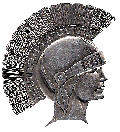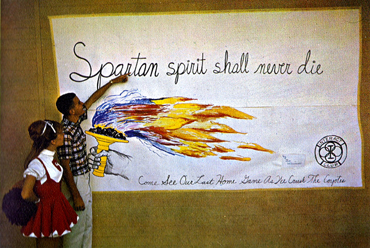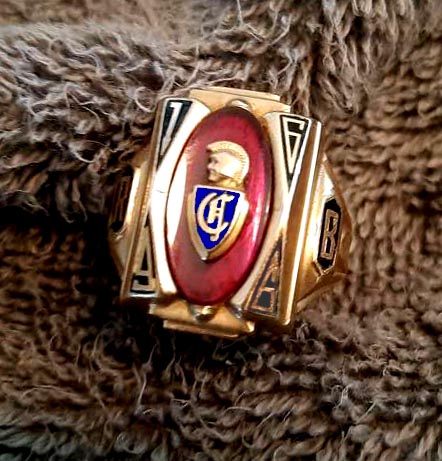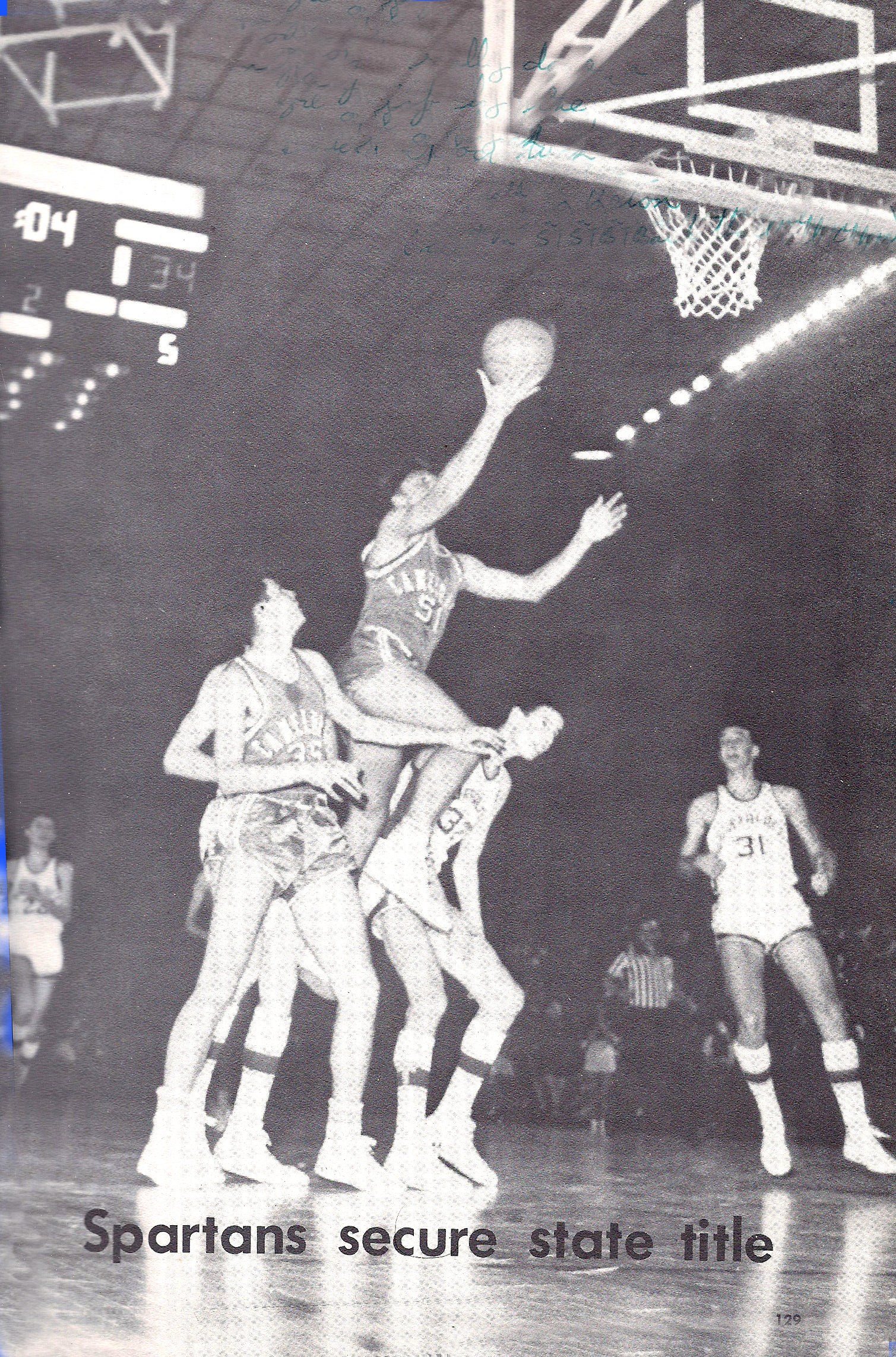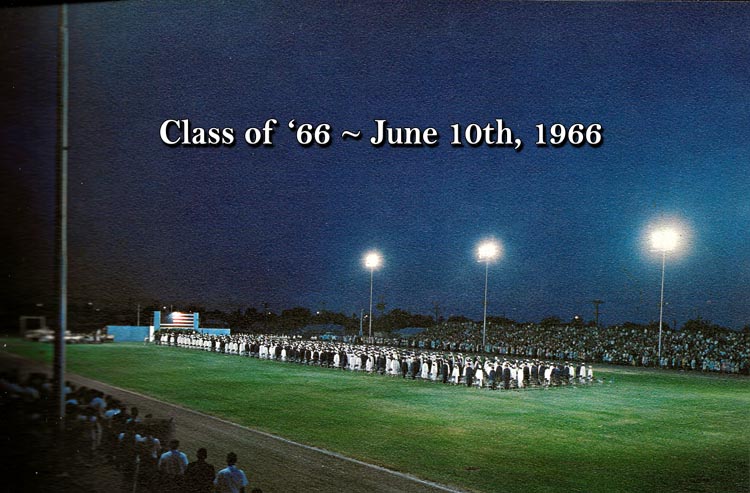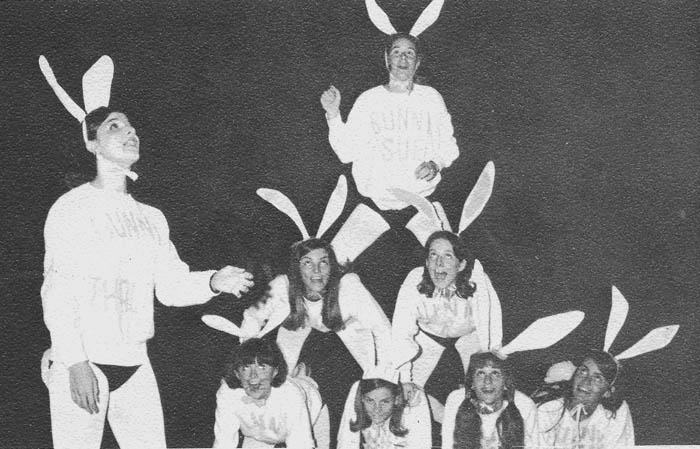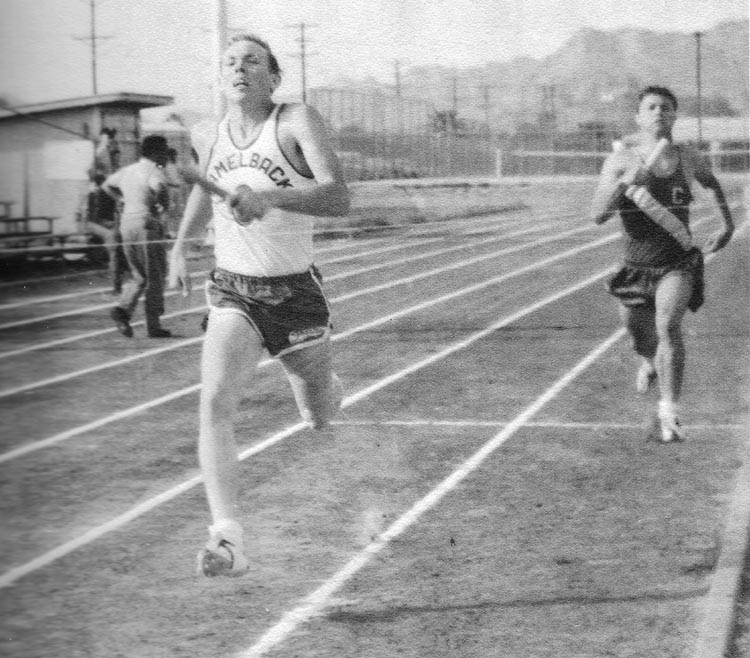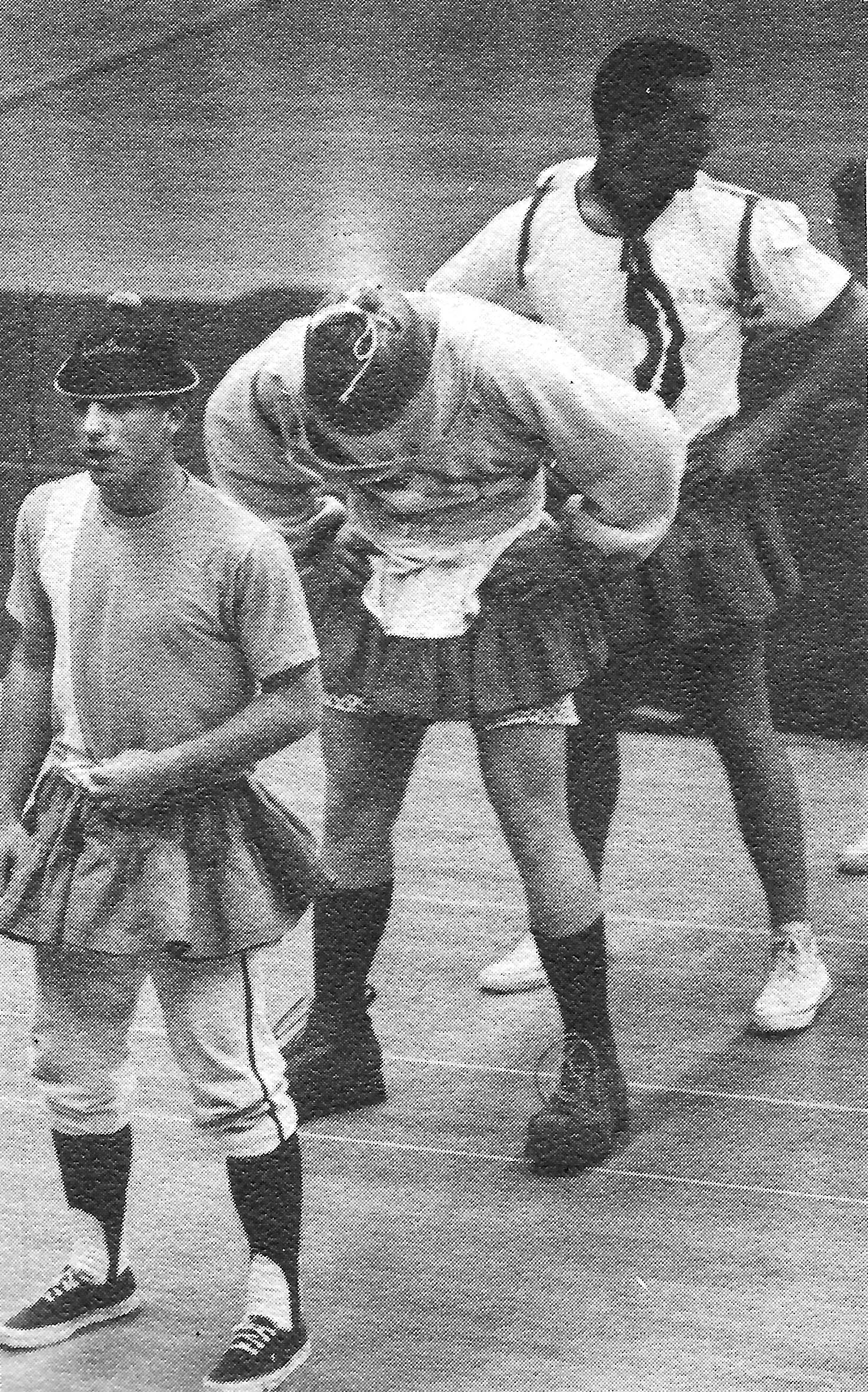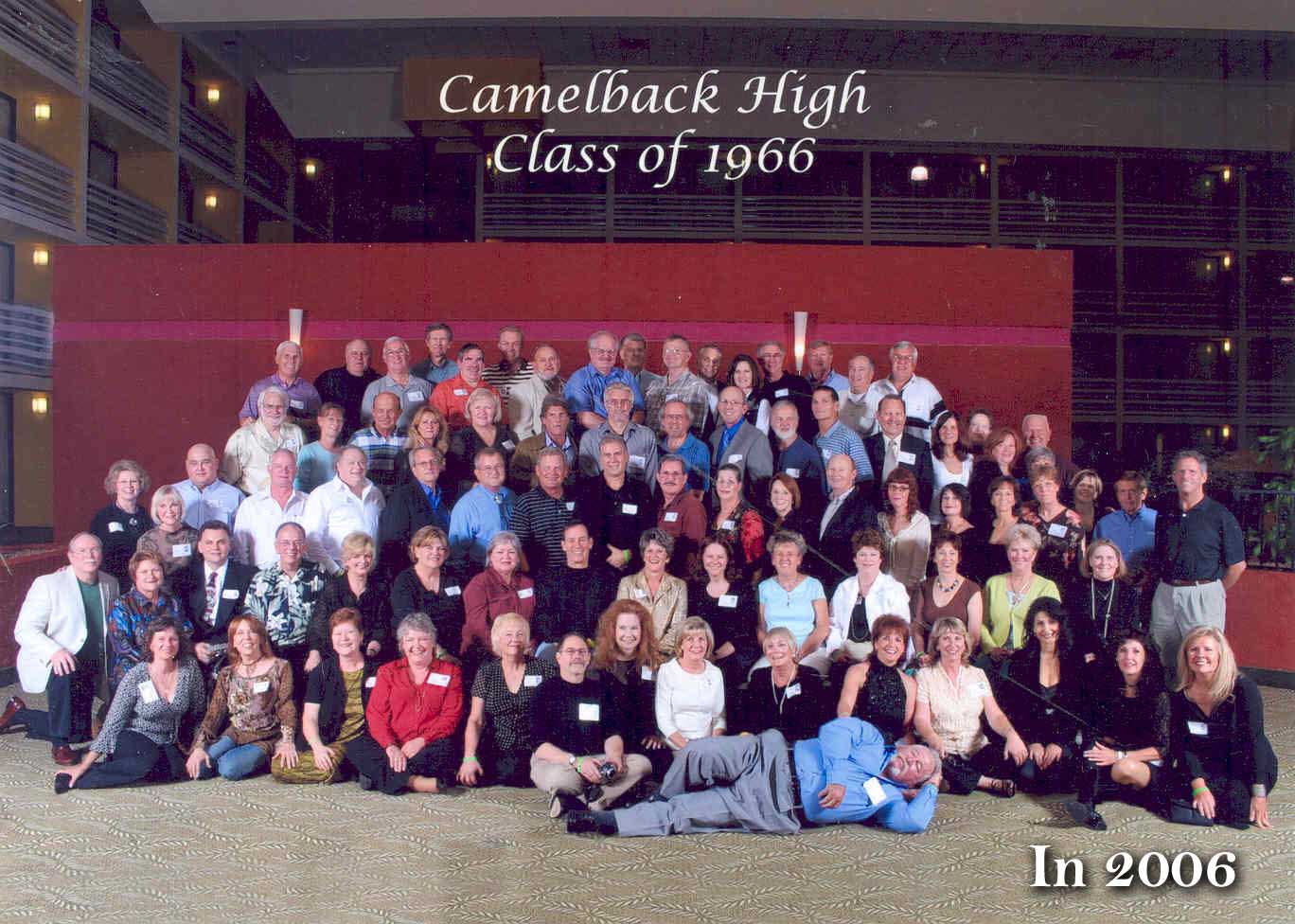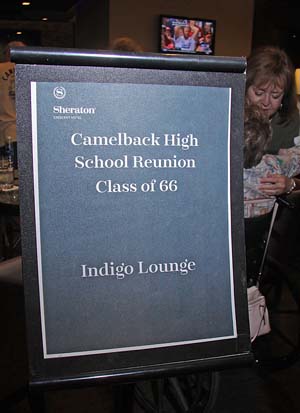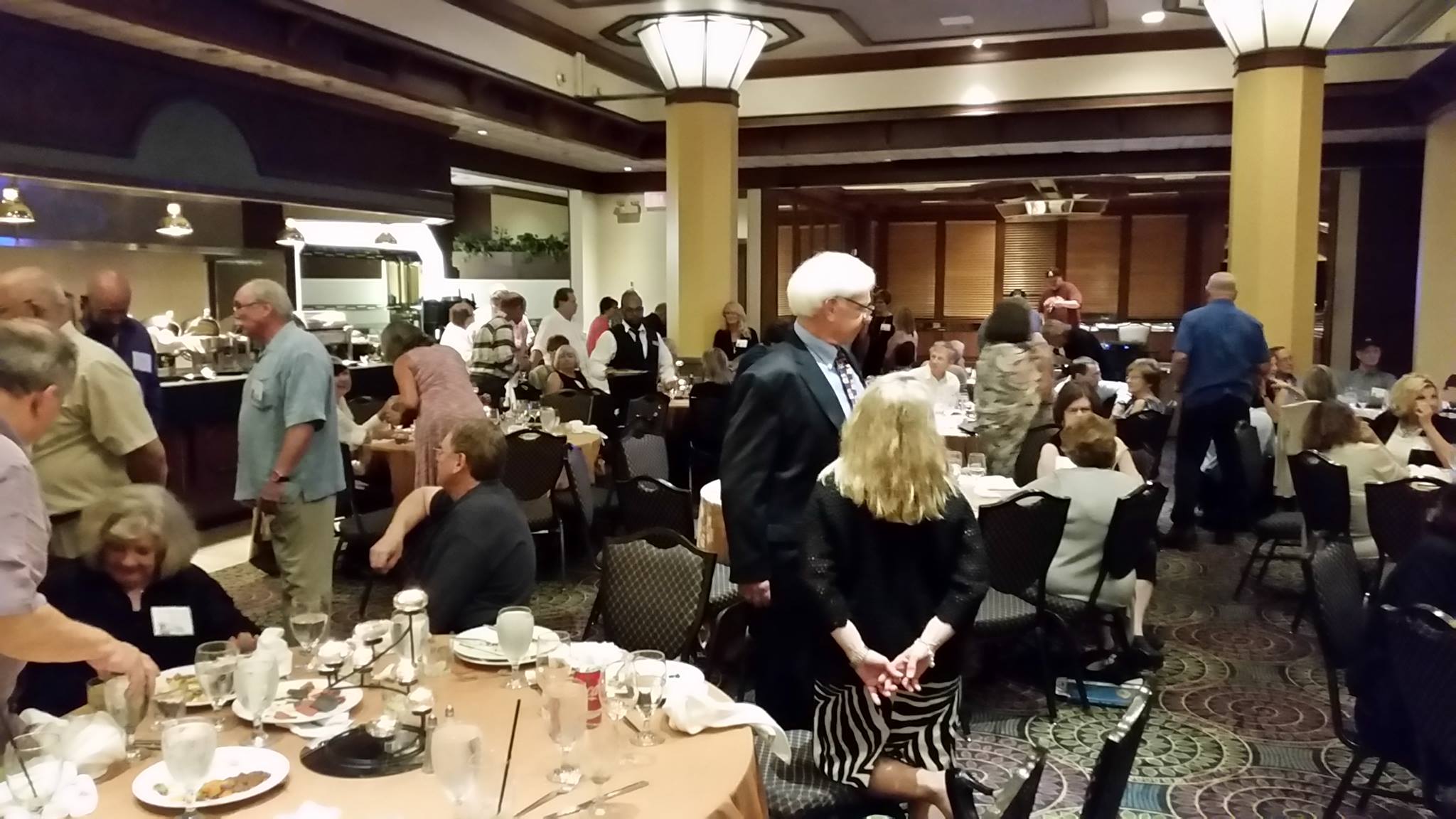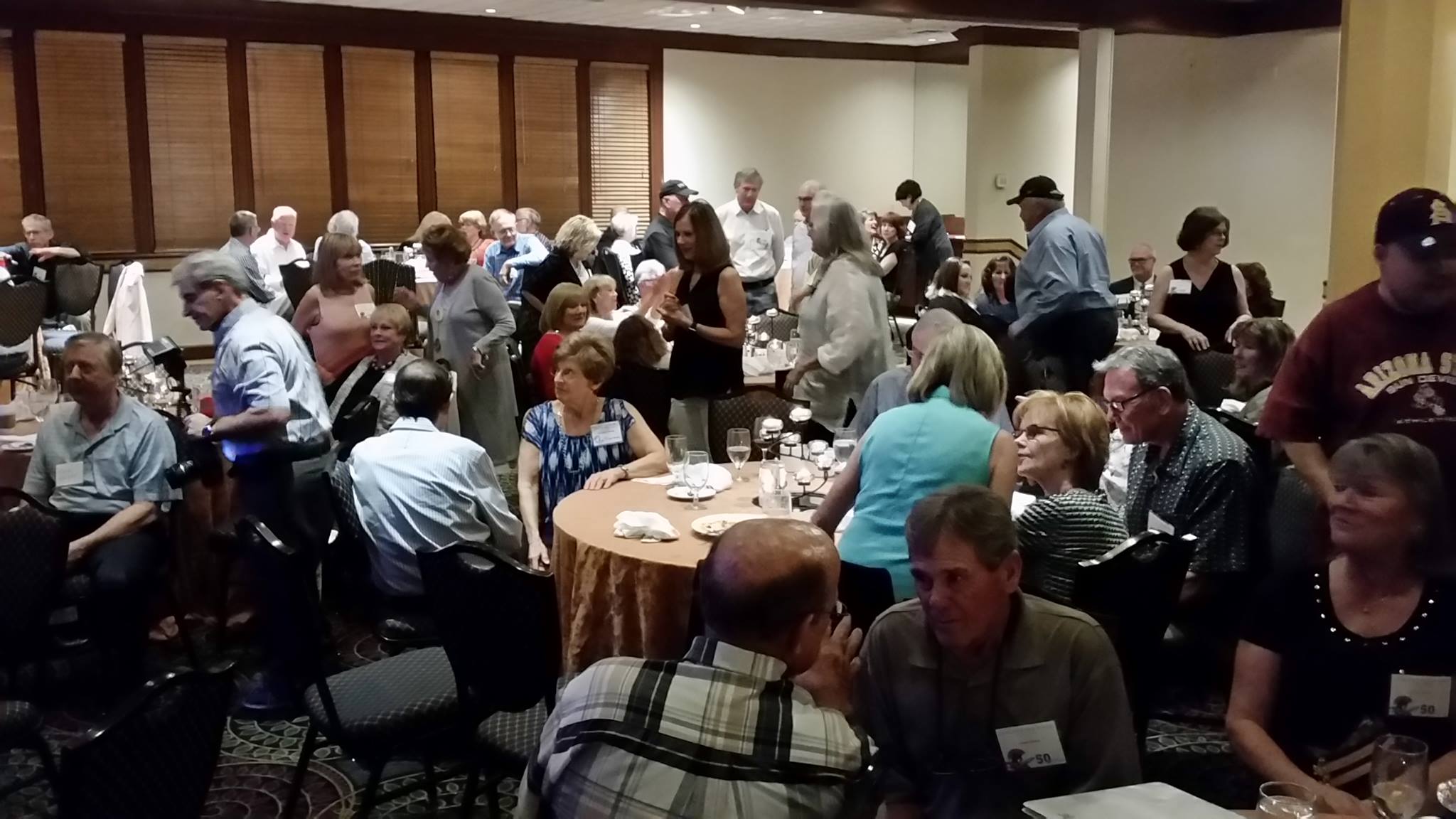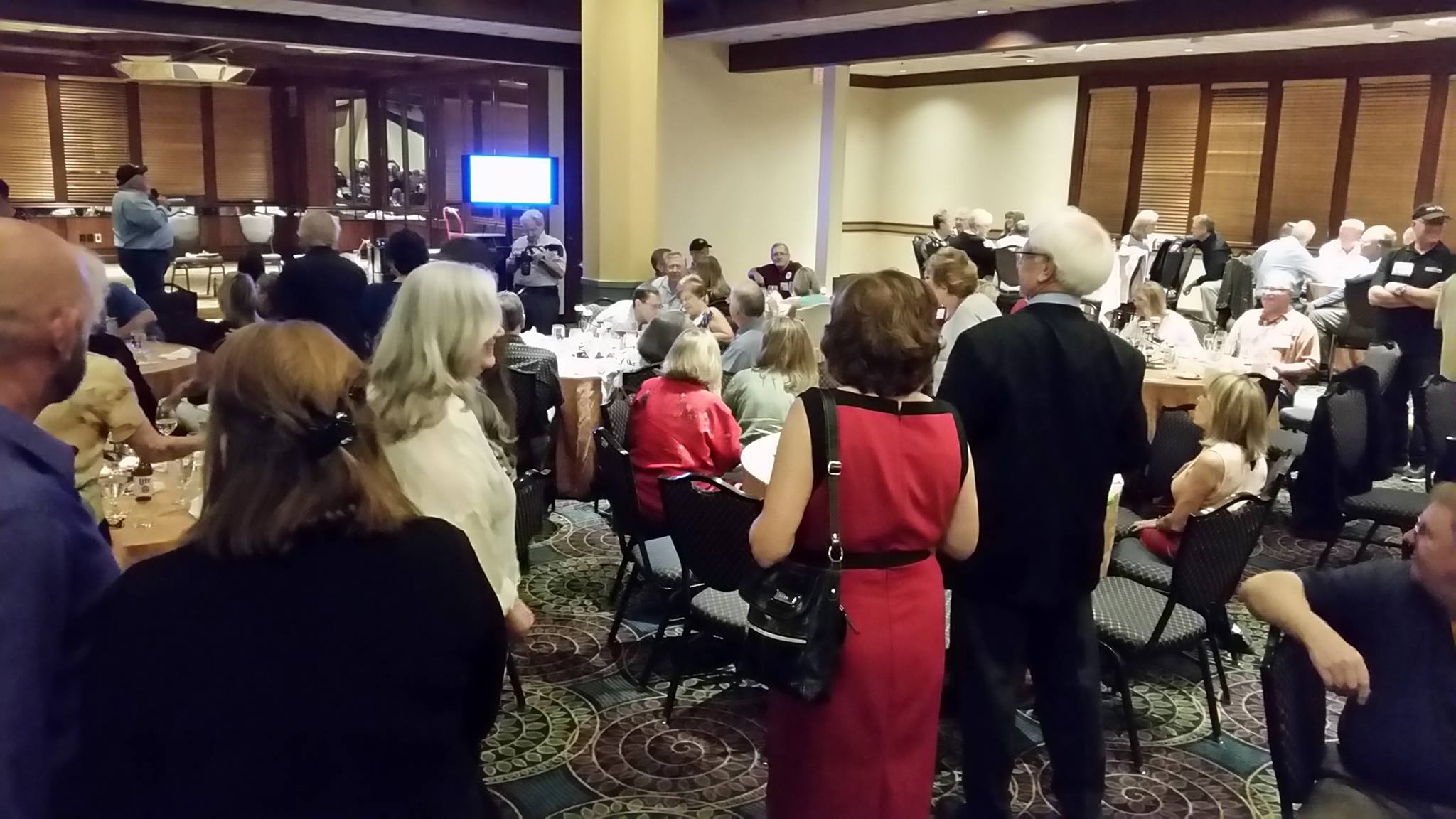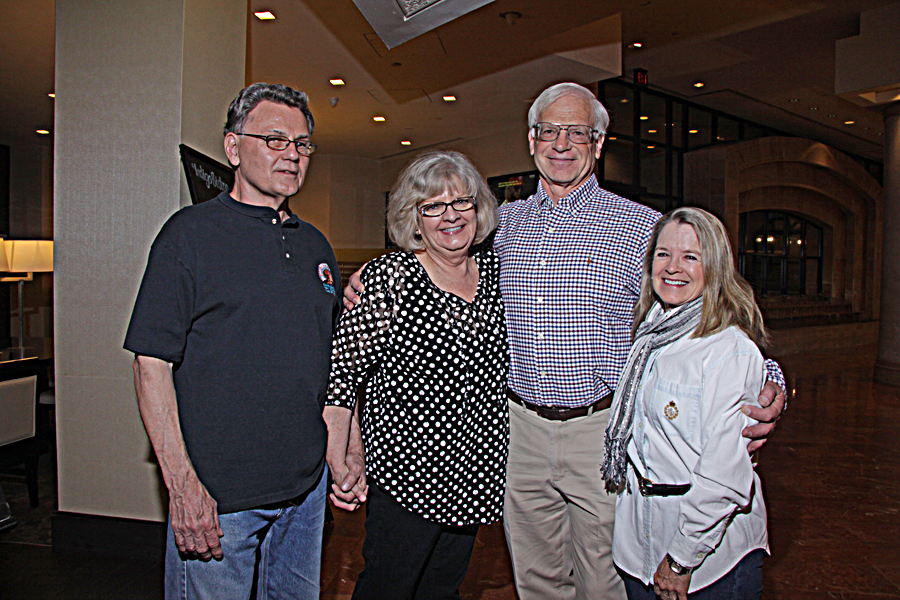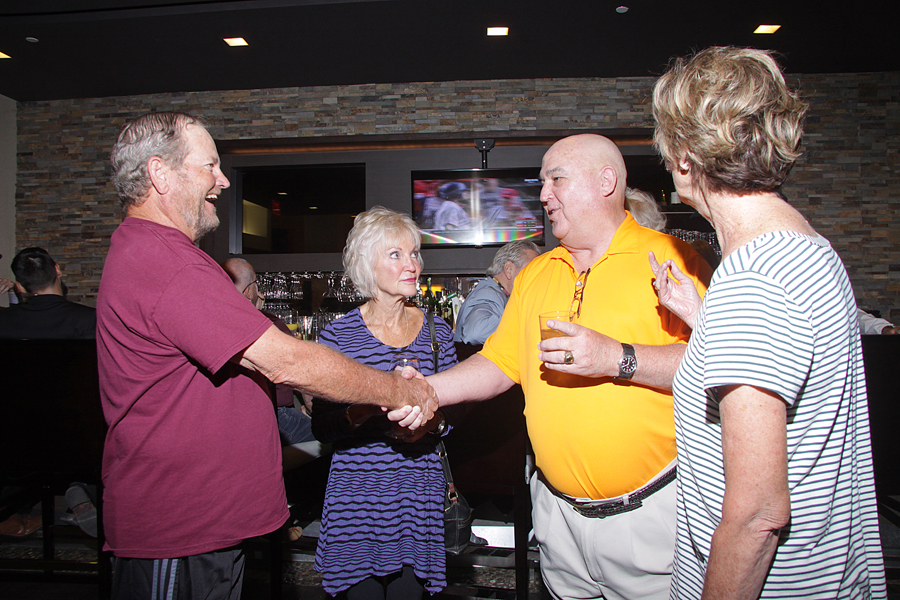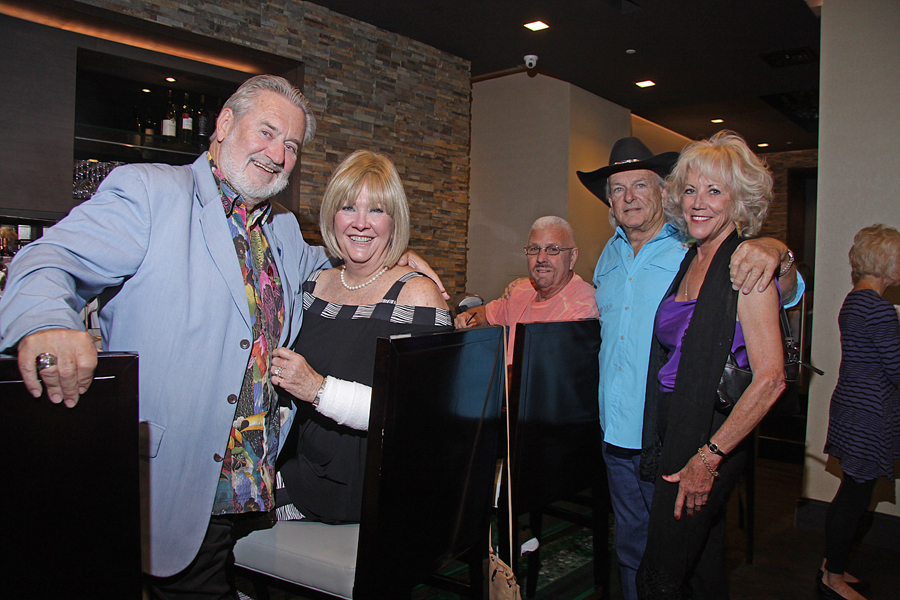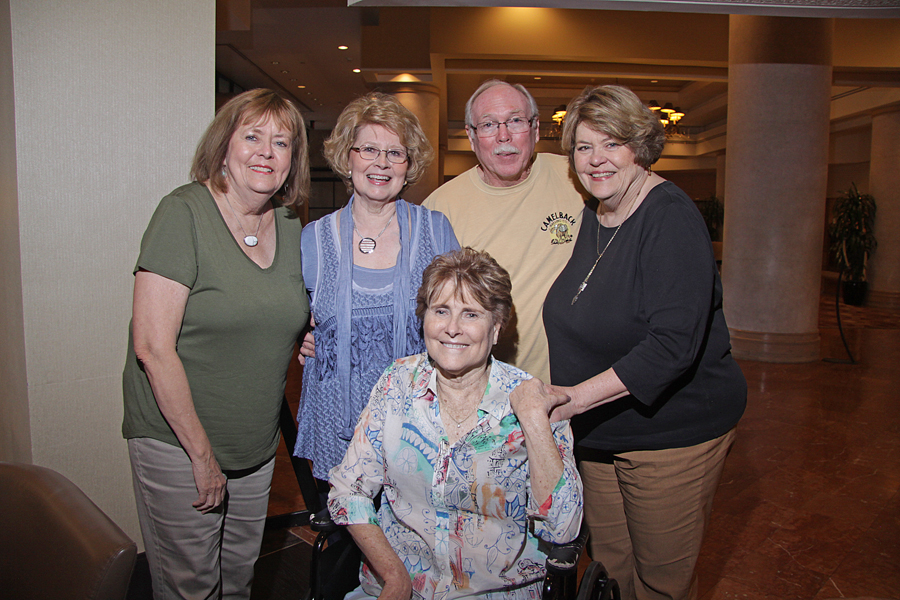Class of ’66 – Who We Were
Who were these young, spirited future leaders of society? What made them so unique?
First and foremost, the spirit of the Baby Boomer Generation was embossed in our DNA. one of the most unique groups of individuals ever born in this country. Our fathers came home from war ready to build a country, create a family, and enjoy a future full of freedom, accomplishment, and uniqueness. They wanted to live the life they had fought for and that spirit carried over to us, the children of the greatest generation.
As we cleared the hurdle of grade school challenges, we made our way to that special place named for the protruding mountain in the north valley, and we became the extension of the Army of Sparta. Ready to do battle and push forward,to achieve, to succeed, and realize our dreams.
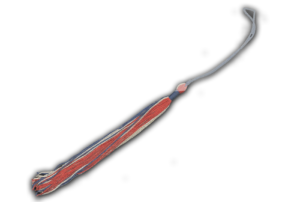
Our Spartan Heritage
The Spartan army stood at the center of the Spartan state, citizens trained in the disciplines and honor of a warrior society. Subject to military drill from early manhood, the Spartans became one of the most feared military forces in the Greek world. At the height of Sparta’s power – between the 6th and 4th centuries BC – it was commonly accepted by other Greeks that “one Spartan was worth several men of any other state“. According to Thucydides, the famous moment of Spartan surrender on the island of Sphacteria, off Pylos, in 425 BC, was highly unexpected. He wrote that “it was the common perception at the time that Spartans would never lay down their weapons for any reason, be it hunger, or danger.“
Tradition states that the semi-mythical Spartan legislator Lycurgus first founded the iconic army. Referring to Sparta as having a “wall of men, instead of bricks”, he proposed to reform Spartan society to develop a military-focused lifestyle in accordance with “proper virtues” such as equality for the male citizens, austerity, strength, and fitness. A Spartan male’s involvement with the army began in infancy when he was inspected by the Gerousia. Any baby judged weak or deformed was left at Mount Taygetus to die, since the world of the Spartans was no place for those who could not fend for themselves. (The practice of discarding children at birth took place in Athens as well.) Those deemed strong entered the agoge regime at the age of seven. Under the agoge the young boys or Spartiates underwent intense and rigorous military training. Their education focused primarily on cunning, sports and war tactics, but also included poetry, music, academics, and sometimes politics. Those who passed the agoge by the age of 30 achieved full Spartan citizenship.
Special Thanks to Dave & Sandy Frederick for our video memories
You can also watch on YouTube
Ok, a bit detailed but…. as babies, we weren’t deemed weak, but were strong in spirit and went on to prove ourselves in the classrooms of learning, on the field of football battles, on the court of basketball challenges, and even in the band of musicians celebrating our wins, letting the world know our fervor.
We carried our spirit and lessons learned into the world of business, the galleries of art, of music, the experience of military service, the important task of child-rearing. Our upbringing by parents, teachers, and yes, friends, served us well.
May our Spartan spirit still be alive and thrive in you and your families, and may success continue to find and reward us for being good, strong citizens and supporters of faith, friendship, and freedom.
